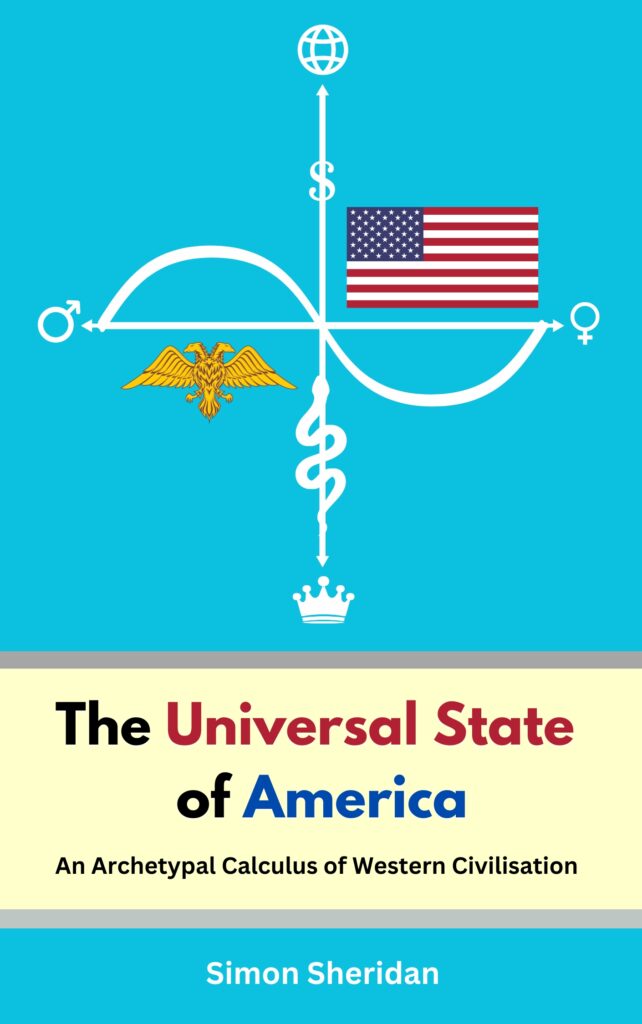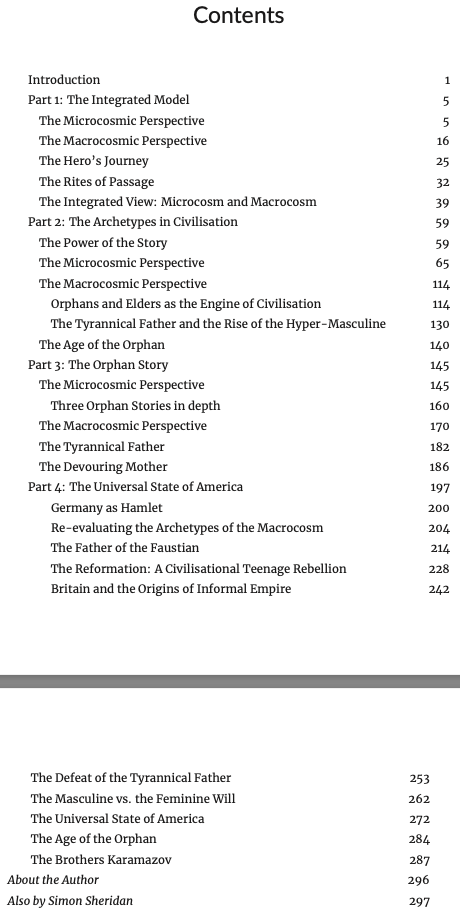In late 2019, I made a fateful decision, albeit one that didn’t seem particularly important at the time. I decided to take several months away from work to write my first novel, a stoner comedy called Once Upon a Time in Tittybong. I had no particular plan or prospects for the book and figured that I would self-publish it. It was one of those ideas that seemed right at the time and for which the stars aligned as several unrelated events led me down that pathway. So, I quit my job and made the other necessary arrangements before getting down to writing.
I’d all but finished the book when Corona kicked off. Even if I had wanted to go back to work, the lockdowns removed any chance of finding a new job. Given that the lockdowns here in Melbourne lasted most of the rest of 2020, I found myself with plenty of time on my hands, during which I wrote two more comedic novels, both published in 2020. If I ever have grandchildren and they ask me the cliched question, “grandpa, what did you do during the corona pandemic?” I guess I’ll have to answer that I spent the whole time writing comedy.
Of course, alongside writing comedy I also had the time and space to try and figure out what the hell was going on in the world. That’s when I started writing my Coronapocalypse series of posts to try and make sense of the “pandemic”. Prior to that, I had blogged very infrequently, and I’m pretty sure I didn’t have a single comment on any of my posts prior to 2020. I had never intended to write regular blog. The whole point of having this website was as a vehicle for my fiction writing. To this day, the home page has the short author bio that I wrote back in late 2019. It’s now out of date and in need of an edit.
The Coronapocalypse posts gave me the material for my first two non-fiction books, The Plague Story and The Devouring Mother, and both of these formed the foundation for my latest The Universal State of America. It’s too early to say what will happen with the latest book, but the first two continue to sell the occasional copy, although I certainly won’t be quitting my day job any time soon. Putting it all together, my personal story arc for the last four years has been that I set out to write a comedy novel and ended up writing an “archetypal history” of western civilisation. That’s almost the premise for a comedy in itself. If I was Frederico Fellini or Charlie Kaufmann, I’d turn it into a movie.
In relation to stories, there has been a crucial meta-lesson for me over the last four years. While in the middle of writing fictional stories, I came to realise how important stories are in “the real world”. The story of “covid-19” has actually turned out exactly as the dissenting epidemiologists said it would way back in early 2020. The case fatality rate of the virus is now indistinguishable from the flu, having dropped an order magnitude from the early days. Even Fauci had predicted this outcome in a co-authored paper in the New England Journal of Medicine in early 2020.
Of course, it was not this story which “won” in the public imagination. The story we chose was what I call the Plague Story – more specifically, the modern version of the Plague Story told by Hollywood, where scientists and experts save us all from Armageddon. For a seeming majority of the public, that story will be the one that they tell their grandkids when the subject of covid-19 comes up and no doubt some variation of that will go down in the official history. As the saying goes: if the news is fake, imagine how fake history is.
For myself, and I’m assuming for most readers of this blog, our story of the “pandemic” will be very different. For me, it has involved a re-evaluation of the society I thought I lived in. The funny thing is that the lessons have all been pointed out by some of my favourite writers from the past. Kierkegaard comes to mind. Society is always insane, he said, the trick is to find your own happiness. Or Nietzsche: insanity in the individual is rare; in society it is the norm. It’s one thing to read that in the abstract and another thing to realise its truth in a tangible sense.
While society may be irrational at base, most of the time we are able to create a pretense of reason and logic. That’s actually the basis of all comedy: to poke holes in the flimsy narratives of rationality created to keep up appearances. What distinguishes the time in which we live is that our society can no longer even create a pretense of rationality. Corona seemed to open the floodgates in that respect and it’s hard to see when or how “reason” and “logic” will be re-established. It’s for this reason that even many erstwhile rational people are looking elsewhere for meaning.
Putting it all together, 2020 was quite literally the worst time to start writing comedy, since comedy requires the veneer of reason and logic in order to work. In that respect, my efforts at writing fiction turned out to be misguided. Nevertheless, it’s also true that knowing how stories work at a technical level has proven to be crucial to my non-fiction books and, in fact, a great deal of my most recent book is based on literary analysis. Although society may be mad (irrational), there is a method to the madness. That’s the whole point of the Hero’s Journey: learning to navigate the Unconscious/irrational parts of reality without allowing them to destroy you.
From a personal point of view, the completion of The Universal State of America feels like the ending of the Hero’s Journey that began in early 2020. The descent into the Unconscious is over and the treasure brought back from the belly of the beast. For that reason, and also because I’d like to take some time away from the keyboard after what’s been an intense period of concentrated effort over the last year, it’s a good time for me to take a break. Thus, I won’t be writing any posts for rest of April.
I will be checking comments, however, and would be especially delighted to hear feedback from those who have read the Universal State of America.
Otherwise, see you in May.
(P.S. for reasons that I don’t understand, most Australian online book websites add at least 25% and sometimes up to 75% mark up on paperback books. Amazon is currently selling the Universal State of America for $55 which is ridiculous given that it’s selling in the US for $19. By my calculations, I can send the book via AusPost for $25. If there’s anybody in Australia wanting a paperback copy for that price, get in touch and we might be able to work something out.)

